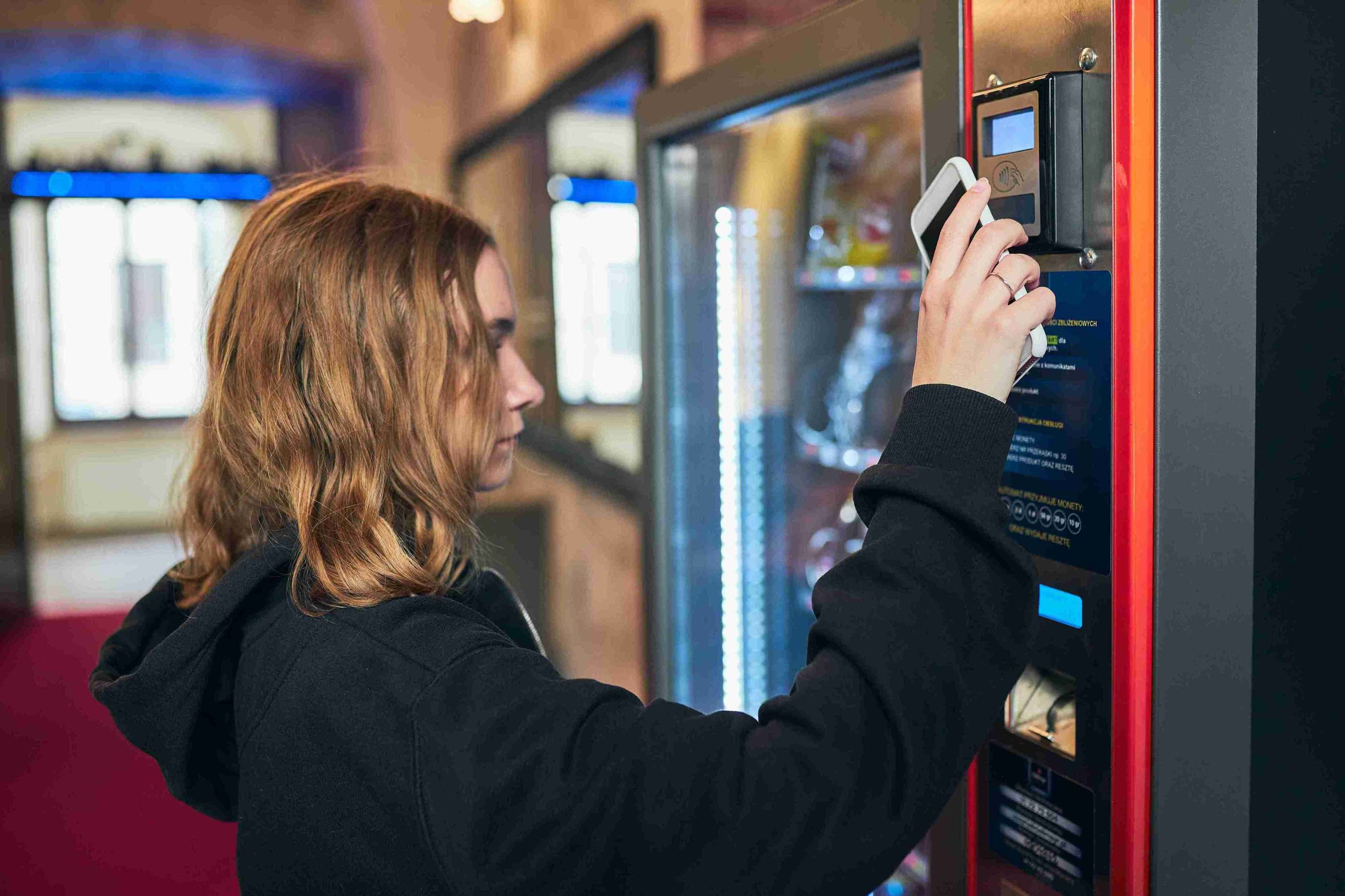In the modern world that is changing very fast, both in the market and in industries, innovation helps to bridge products and technologies that, on the surface, may appear to have little or nothing in common with each other. From precision-driven die casting mold accessories to the growing popularity of perfume vending machines, both sectors represent efficiency, customization, and consumer-focused design.
But what is the impact of manufacturing advances on automated retail solutions and why does accuracy matter to products that serve high-end markets?
This article explores the intricate relationship between these industries, shedding light on how technological integration is shaping their future.
The Role of Die Casting Mold Accessories in Precision Manufacturing:
Die casting is a tricky process in manufacturing of multiple, high-strength components of great dimensional harmony. Within this process, die casting mold accessories play an essential role in ensuring seamless production and maintaining product consistency. Accessories such as guide pins, pillars, cooling systems, cavity blankets are examples that have a direct influence on quality, consistency and longevity of the finished elements.
Due to the increased demand of the industries to tight tolerances and novel designs, manufacturers invest in sophisticated mold accessories designed to perform better. Better materials and heat have increased the life of a product and automated control systems guarantee uniform production. Such developments are most noteworthy in those industries, where the look, durability and functionality meet – forming the basis of those industries which are largely dependent on high-quality and reliable components.
Rising Popularity of Perfume Vending Machines:
The customers in the retail sector are fast changing and their multiple tastes are shifted towards convenience, personalization, and innovations. Perfume vending machines are a growing trend, redefining how consumers interact with fragrances. These are computerized kiosks where customers can shop and buy perfumes without human aid they may get in stores.
Not only are these vending machines making the purchasing process easier, they also allow brands to enrich customer experience. Some machines add AI-controlled suggestions to propose scents, depending on preferences of users, and are integrated with digital interfaces. Some have in-built testers, where customers can smell perfumes before purchasing. The interplay between automation and personalization of vending machines makes vending machines an appealing solution to luxury and lifestyle brands.
But even these machines rely on high reliability in their internal parts, high level of compact design integration, high durability of materials; those are the areas where precision engineering is essential.
Connecting High-Precision Manufacturing with Automated Retail Solutions:
At first glance, die casting mold accessories and perfume vending machines may seem unrelated, but they intersect where precision engineering meets modern retail technology. Even the internal working of the vending machines such as the parts in charge of dispensing the values like dispenser arms have to be precise and durable to complete their function flawlessly.
The safety of mould accessories is that high-quality classified ones allow maintaining constant shapes and sizes of these elements, enhancing the error margin in assembly and mechanical failures. For perfume vending machines, where aesthetics and premium user experience are essential, seamless designs and smooth operations directly influence customer satisfaction.

Furthermore, improvements in the field of materials production, such as light weight alloys and high strength finishes make a vending machine smaller, sturdier and more attractive. The combination of such innovations raises the general efficiency of automated retail solutions.
Technology Integration Driving Innovation:
With the changing industry situation there is increasing adoption of new technologies by both the manufacturers and retailers with the aim of maximizing efficiency and providing quality products. In case of die casting, automation and computer assisted manufacturing enable manufacturing processes to focus more on speed and quality control. Online mold monitoring tools monitor performance on-demand, decreasing downtime and prolonging life time of the mold.
Technology is also being transformative in the vending business. Touch screens, IoT enabling tracking, and data-driven inventory systems all become a standard feature. Some perfume vending machines even integrate mobile payments and cloud-based analytics to better understand consumer behavior and optimize restocking strategies.
The convergence of these technologies reflects a wider trend of precision manufacturing that facilitates the innovation that is needed to move towards smart retail space.
Impact on Design, Durability, and User Experience:
In both industries engineering accuracy and quality of the materials is a major success factor. Die casting used with sophisticated molding aids are helpful in the minimization of faults, and facilitate sophisticated designs featuring multifaceted detailing. This will directly benefit vending machines producers, since they could develop small but strong parts that would be able to withstand constant use and avoid wear and tear.
On the retail side, perfume vending machines depend on flawless design and smooth operation to enhance the customer experience. Clogged dispensers or erratic spray systems have the potential to ruin consumer confidence and brand recognition. Through the use of its elements produced using accurate molding accessories, the firms reduce the risks of the operations and provide a high quality and reliable experience.
Future Trends: Towards Smarter, Sustainable Solutions
In the future, the two industries are adopting new technologies that can be used to ensure efficiency and increased cost-effectiveness. Manufacturers of die casting mold accessories are exploring sustainable materials and energy-efficient processes to meet environmental regulations and consumer expectations.
In the meantime, the vending machine market is towards more automation, use of AI-based personalization, and context-cutting, environmental-friendly choices. With this technology put together, we can envision vending machines that are energy sustainable, wiser with inventory management and more human-friendly – sustained by its parts that have been engineered with a rigid mark of accuracy.
Conclusion:
While die casting mold accessories and perfume vending machines belong to distinct industries, their connection lies in precision, innovation, and consumer-focused performance. With the development of the technologies used in manufacturing, they make the task of the retailers to provide smarter and reliably automated solutions, which make the customer more engaged. This integration of precision engineering and the retail automation not only enhances the efficiency but also leads to expansion of competitive markets globally.


